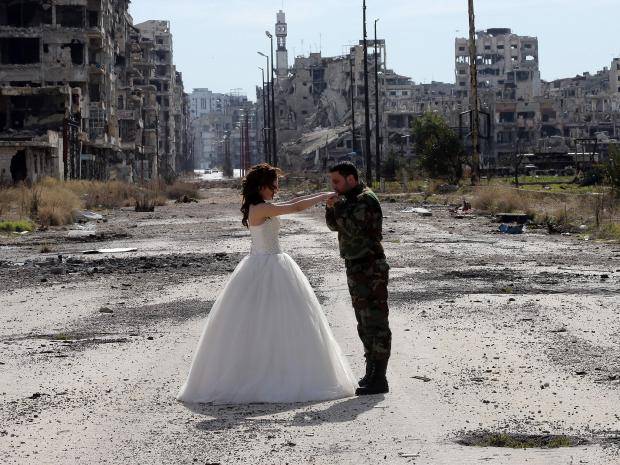 Israel, ISIS, the US et al kill.
Israel, ISIS, the US et al kill. Syrians celebrate life in the rubble.
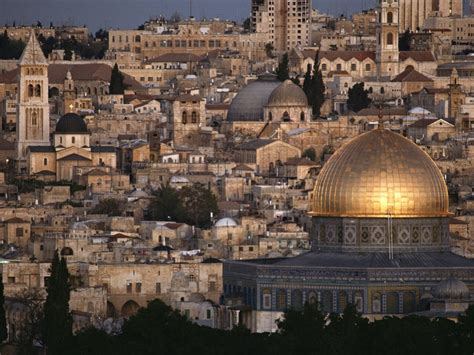 Al-Quds is, literally, the holy city, for believers, Jewish, Christian, Muslim alike, called by non-Muslims Jerusalem (from "City of Shalem" after a Canaanite deity, during the early Canaanite period (approximately 2400 BCE)).
Al-Quds is, literally, the holy city, for believers, Jewish, Christian, Muslim alike, called by non-Muslims Jerusalem (from "City of Shalem" after a Canaanite deity, during the early Canaanite period (approximately 2400 BCE)).
What is Zionism? But before that, what is Zion, an inspiration for Zionists and non-Zionists alike? Zion is a place name often used as a synonym for Jerusalem. The word is first found in 2 Samuel 5:7 which dates from 540 BC, and refers there to a specific mountain near Jerusalem (Mount Zion), on which a fortress stood which David allegedly conquered.
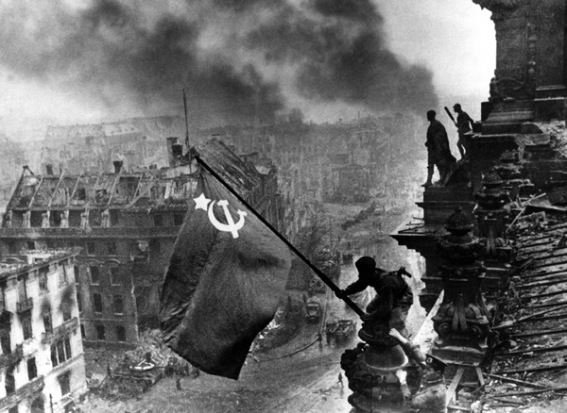 Claims that Assad is using chemical weapons are like a barometer: when the Syrian army is doing well, they surface, notably in 2013, 2015 and now, just as the Syria government looks close to some kind of 'victory'. Both times in the past the intelligence came from Mossad and the claims fizzled out, though the propaganda that it was 'likely' by the Syrian Army stuck in western perception. The current chemical 'attack', instantly hailed by Israel, occurred just as peace talks were beginning in Geneva. The source of the claim is, again, most likely Israel, though that's not part of the media fireworks. Tillerson might have checked with the Russians, as Russian military were stationed at the airport.
Claims that Assad is using chemical weapons are like a barometer: when the Syrian army is doing well, they surface, notably in 2013, 2015 and now, just as the Syria government looks close to some kind of 'victory'. Both times in the past the intelligence came from Mossad and the claims fizzled out, though the propaganda that it was 'likely' by the Syrian Army stuck in western perception. The current chemical 'attack', instantly hailed by Israel, occurred just as peace talks were beginning in Geneva. The source of the claim is, again, most likely Israel, though that's not part of the media fireworks. Tillerson might have checked with the Russians, as Russian military were stationed at the airport.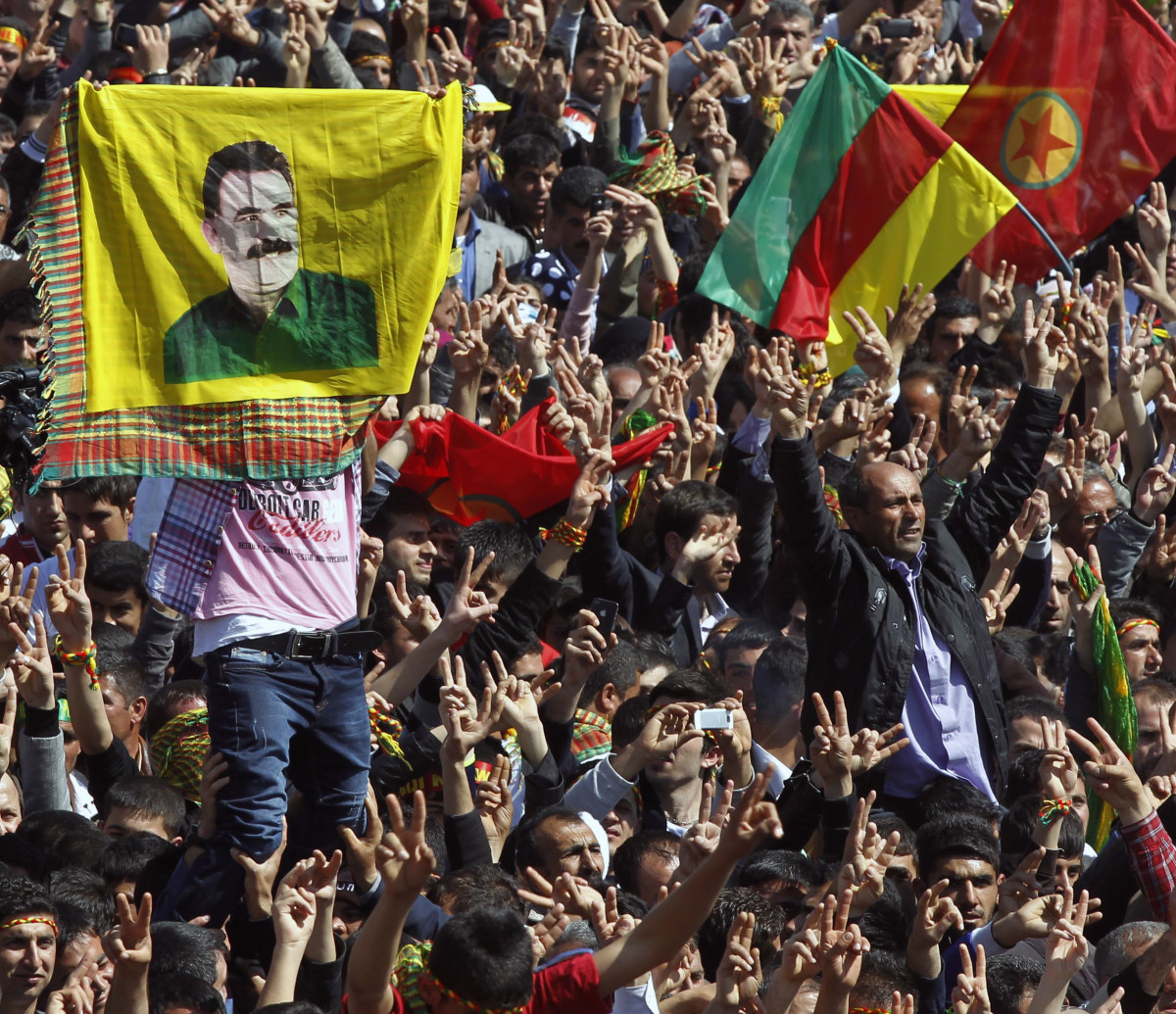 TEHRAN, Jul. 19 (MNA) – Canadian journalist Eric Walberg argues that turning back the coup, thanks to social media and mass demonstrations, is Turkey's very own "Arab Spring".
TEHRAN, Jul. 19 (MNA) – Canadian journalist Eric Walberg argues that turning back the coup, thanks to social media and mass demonstrations, is Turkey's very own "Arab Spring".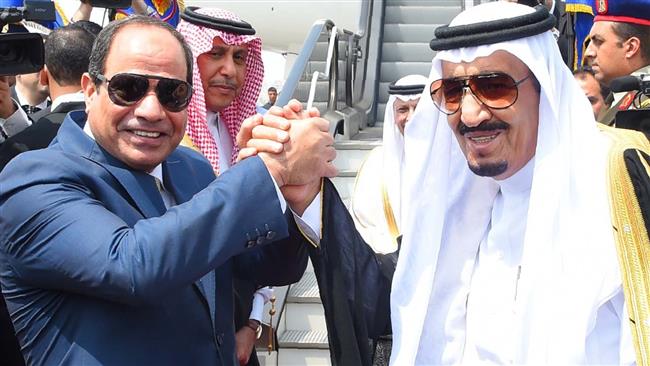 Egypt's hand-over of Tiran Island to the Saudis, Saudi flirting with Israel, Turkish disarray -- all conspire towards an unholy alliance. al-Quds
Egypt's hand-over of Tiran Island to the Saudis, Saudi flirting with Israel, Turkish disarray -- all conspire towards an unholy alliance. al-QudsPage 16 of 39